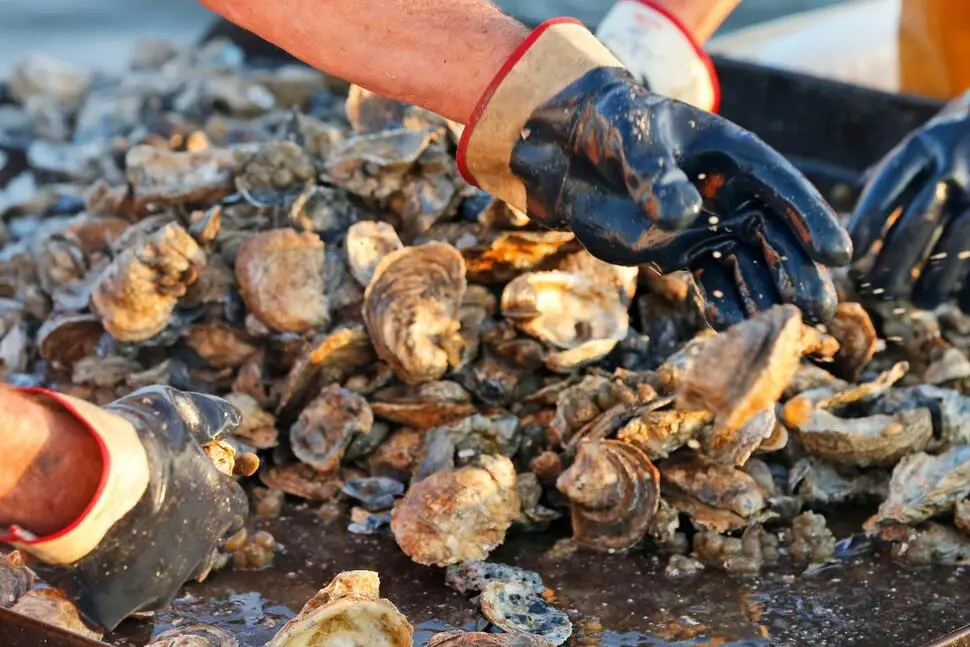Mississippi Gulf Coast to Open First Oyster Season Since 2018
The Mississippi Gulf Coast is set to welcome its first oyster season since 2018, after a series of environmental challenges that have significantly impacted the region. The season will kick off at sunrise on November 13 and last for just 10 days, as announced by the state Department of Marine Resources.
Harvesting Details
During this limited season, commercial harvesters will be allowed to collect up to 10 sacks per vessel, whether they are using traditional oyster tonging or dredging methods. For recreational harvesters, residents with a recreational license can collect up to three sacks over a seven-day period.
The timing of the season coincides with Thanksgiving, a holiday during which many locals look forward to enjoying oysters as part of their festive meals.
Recovery Efforts Post-Oil Spill
The reopening of the oyster season is a result of significant investment and recovery efforts following the 2010 BP oil spill, which devastated the region’s marine life. The state has poured millions into restoring oyster reefs, but subsequent flooding has posed ongoing challenges. Over the years, increased freshwater inflow has diluted the salinity levels in the Mississippi Sound, making it difficult for oysters to survive.
In particular, in 2019, the opening of the Bonnet Carré Spillway in Louisiana released Mississippi River water that severely impacted the local oyster population, wiping out nearly all oysters on the state’s most productive reefs located in the western sound.
Positive Signs for Future Harvests
Joe Spraggins, director of the Department of Marine Resources, noted that recent monitoring efforts have shown encouraging signs of oyster growth in the last couple of years, prompting the agency to open this limited season. “The season is to provide some access to the industry and get Mississippi oysters on the market,” he stated.
With the limited duration of the season, officials are keen to protect the fragile oyster reefs from overfishing, ensuring sustainable growth and a healthier ecosystem for future seasons. The cautious approach aims to balance the interests of the fishing industry with the need for environmental conservation.
